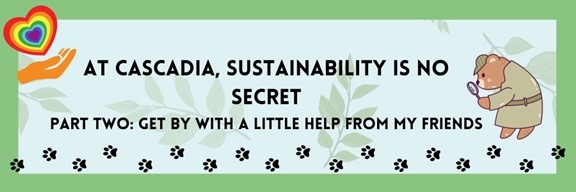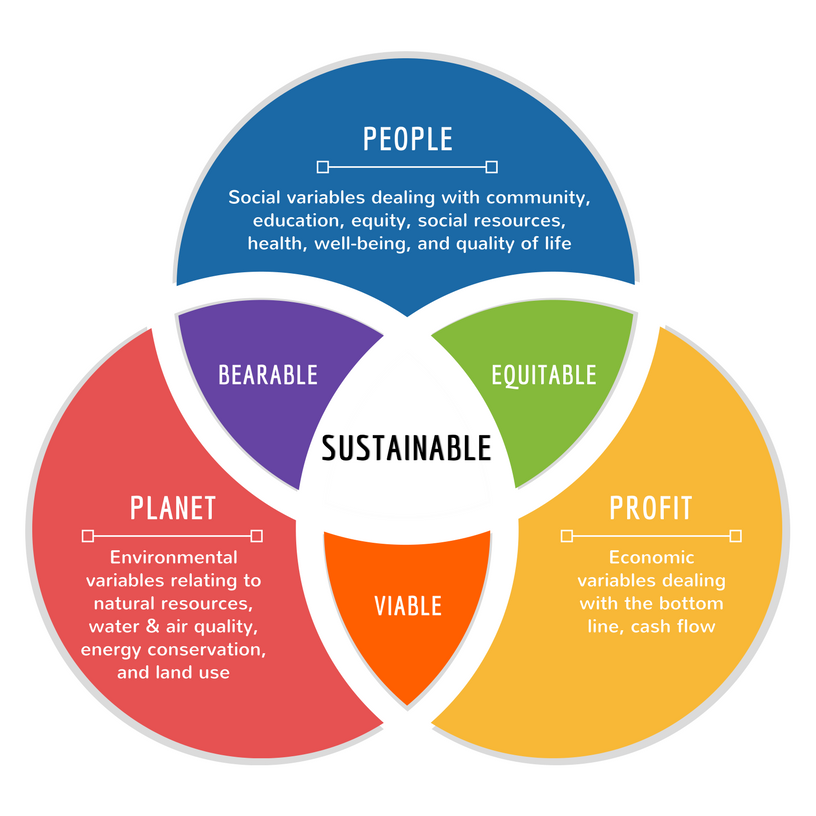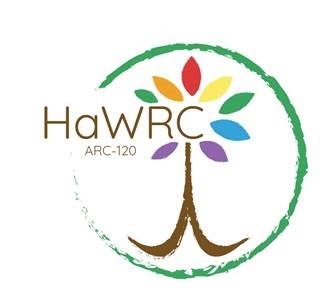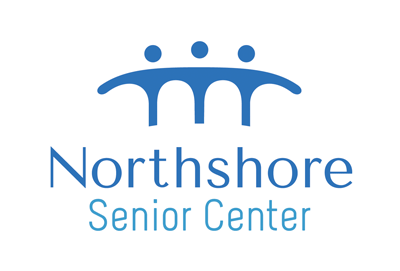Today we’re marking an occasion, to highlight the news, stories, features, and Friday Letters that have come out of this blog. It’s been 10 years. While many changes have happened on campus, we’re excited to see what comes next at Cascadia, and our mission holds true to provide accessible education, this blog is here to take a quick look back at some of the fun things Cascadia has accomplished since May 29th, 2014!
Our First blog was a short one – but it kicked all this off! Life was much simpler back then, with the possibility of even student blogs on here!
And Check out this Wetland Day post right after! We’re excited that we still have Wetland day each year on campus, we’re looking forward to today – you can join for a tour at 11:30 or 3:00!
Moving forward to 2015, we had the incredible idea to plant a food forest at the center of our campus. It’s a 1/4 acre green space, and is now home to over 30 fruit trees, numerous shrubs and edible bushes, and plants with various edible plants and fruit/herbs! But check out the photos of the day we planted it! And read about the Food Forest history it’s growth and management!


I personally didn’t know we had sunflowers at first near the library, and check out the pollinator meadow – long before it was a home for bees and insects, and home to our campus peace poles!
Also around that time, we founded our first Bachelor’s Degree, and started the path to changing our name to “Cascadia College” (dropping the Community). For a fun look back, here’s the blog that talks about the program outcomes. We’re so proud of the numerous student and alumni stories that have come from the past 9 years of the program, and you can find them all on our Sustainability Page right here! And of course, please check out our BAS in Sustainable Practices! We also have a new BS in Computer Science starting this fall!
Make sure to scroll through the photos – See all the student’s experiences on campus and beyond!
YouTube
Did you know we have multiple YouTube Channels?
- Our main Cascadia channel has videos going back to 2011, predating this blog by 3 years!
- Our International Programs Office has one too – welcoming students from across the world to our campus, and showcasing study abroad opportunities!
- Student Life showcases fun and exciting programming, including the Kodiak Cave!
- And our Sustainable Practices office channel has a selection of videos on activities and programs on campus!
Common Caws for Sustainability Podcast
During the pandemic, we founded a podcast to focus on sustainable issues, and give voice to students across our campus and beyond. Check out the Common Caws for Sustainability – on Spotify or any podcast app. Pun fully intended for the crows that grace our campus.
Kodiak Cave
The Kodiak Cave is Cascadia’s Food Resource Center! It operates a “choice pantry”, meaning students will be able to pick their food from a wide-variety of cross-cultural items that best meets their needs. This gives guests dignity, reduces food waste, and creates a comfortable environment where students can choose items that they are familiar with. They operate online sharing awesome stories on food, and written and video recipes, and host events and student engagement activities on food, growing herbs and garden plants!
Blog | Videos | Recipes
check them all out – and get cooking!
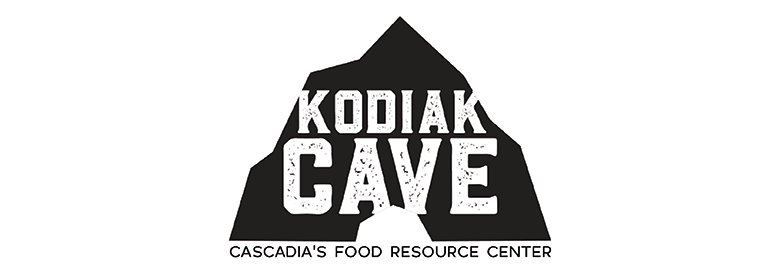
Global Education Committee: Who We Are
The Global Education Committee (GEC) has a key role of the promotion of global learning in our Cascadia College community. The GEC is responsible for efforts to advance learning in a global context. This includes globalizing the curriculum and supporting multicultural and international education. We also encourage global awareness through community engagement events, often connected with a campus community theme. We hope you’ll be able to participate in our theme for 2024-2025: ‘Artificial Intelligence and Human Rights’!
Popular Blogs!
In closing, we also wanted to share with you some of the most popular blogs we’ve published. We’d love for you to see what has attracted attention to Cascadia College from the internet, so here are some of the most popular blogs of all time (since May 2024):
- Core Sustainability – Triple Bottom Line – Equity and Inclusion
- Empathy and Interpersonal Relationships
- In Season: Chinese Hawthorne
- Dr. Murray’s Friday Letter from May 2020 – (We miss the Great Cascadia Bake Off on campus, Dr. Murray!)
- The Labs’ Ecospheres project – Destruction and Chaos (in a small tank in the labs!)
- Food Forest History


































